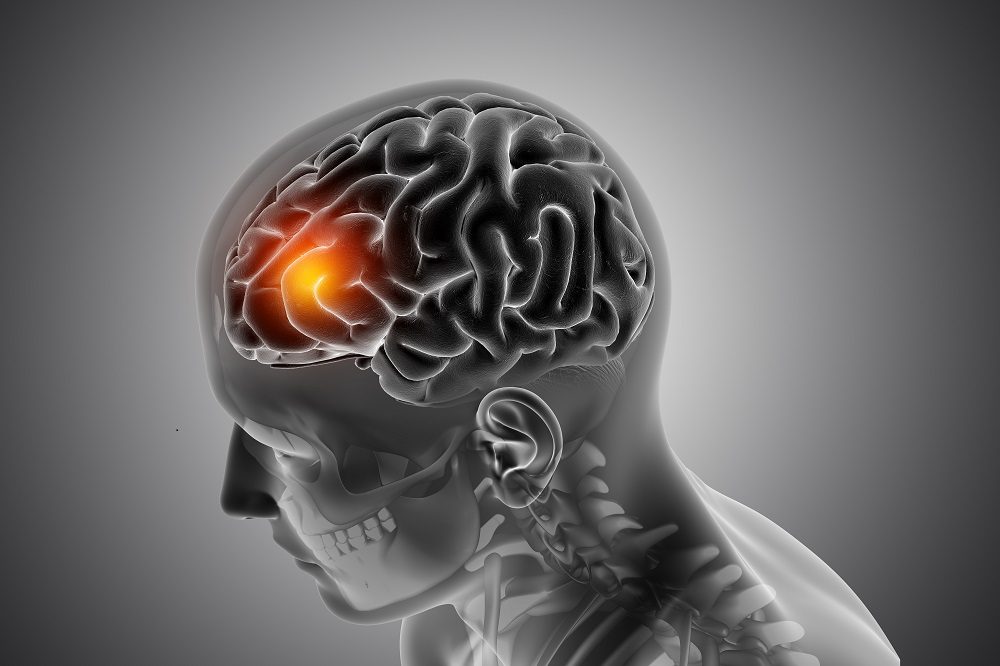Early Identification and Intervention in Pediatric Obsessive-Compulsive Disorder


Obsessive-compulsive disorder is a psychiatric disorder characterized by intrusive, persistent, and repeated thoughts, desires, or images with subsequent repetitive behaviors or thinking patterns that the individual performs to reduce
Temporal Irreversibility of Large-Scale Brain Dynamics in Alzheimer’s disease


Healthy brain dynamics can be comprehended as the emergence of a complex system far from thermodynamic equilibrium. Brain dynamics develop a preferred direction in time since they are temporally
Brain Morphometry in Older Adults with and without Dementia Using Extremely Rapid Structural Scans


T-1 weighted structural magnetic resonance imaging is widely used to estimate brain morphometry (e.g., cortical thickness and subcortical volumes). Accelerated scans as fast as one minute or less are now available, but it is unclear if they
Cure of Alzheimer’s Dementia Requires Addressing All of the Affected Brain Cell Types


Alzheimer’s dementia (AD) is recognized to be caused by a variety of genetic, metabolic, and environmental problems. It should be feasible to reverse dementia if all of those defects were treated, but it would take a stifling amount
Brain-Only Metastasis and 10-Year Survival after Curative Gastric Cancer Resection: A Case Report


A 65-year-old Korean male with a history of gastric cancer underwent a total mastectomy with Roux-en-Y anastomosis and six cycles
Complete response with combined therapy in a patient with brain metastasis from nasopharyngeal carcinoma: case report and literature review


A 50-year-old man was admitted with complaints of persistent left nasal cavity bleeding and hearing impairment. Nasopharyngeal fiber optic endoscopy and histopathological biopsy indicated a poorly differentiated nonkeratinizing
